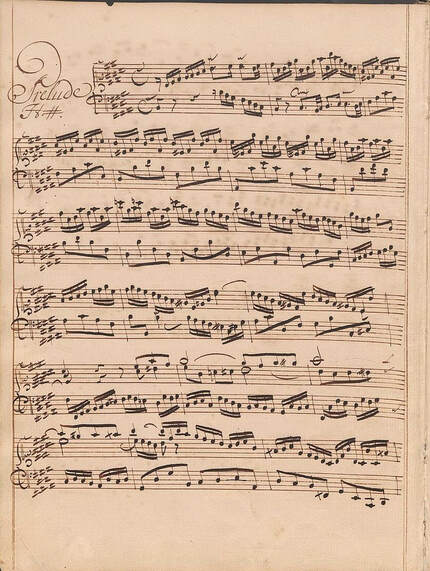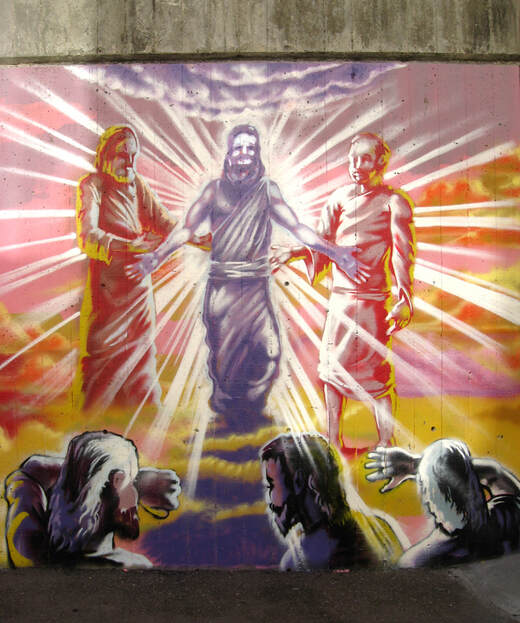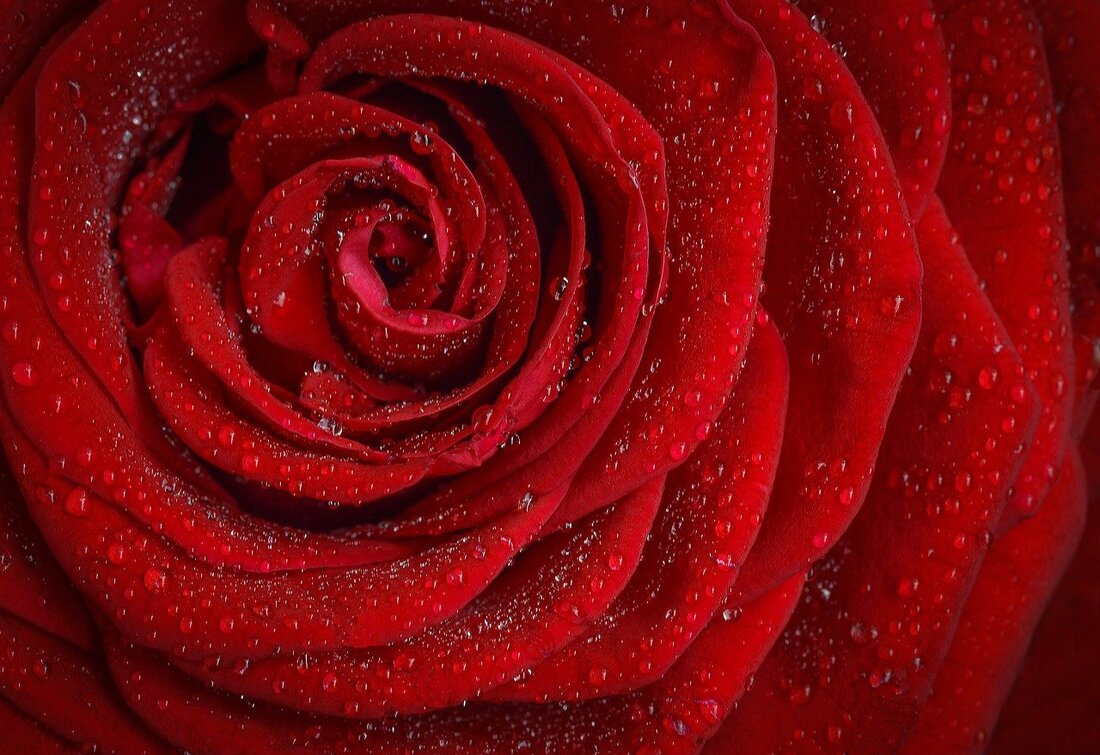|
As we gather —in-person!—this Transfiguration Sunday, we meditate on the transformative power of the Light of Christ and the call to share our own little light with the world.
At the 9:00 service, we welcome the sun in the return of our eclectic early morning worship hour. Bassist Peter Strening and cantor Lucas Jackson join us. At the 11:00 service, the organ greets you with an affirmation in J.S. Bach's chorale prelude setting of "Dearest Jesus, We Are Here." Indeed, we are! The service closes triumphantly in a joyous moment of brevity with "Fanfare on 'Gopsal'" by David Willcocks. The Handel-composed hymn tune is commonly associated with the text "Rejoice, the Lord is King", a statement of Christ's reign. The Chancel Choir also returns with an offering for this Last Sunday of the Epiphany.
0 Comments
 Click image for credit Click image for credit The Prelude: an introduction to worship heard time immemorial intended to invite worshippers into a moment of preparation, prayer, and can even be a musical exclamation of pure joy. Traditionally, it is also a time for the organ "to speak" to the congregation—a sermon without words. As a musical form, a prelude is typically improvisatory in nature and is often composed to precede related musical sections more complex in nature, Bach's preludes and fugues are fine examples. Preludes can also be stand-alone works as the musical form has continued to evolve over the centuries. This Sunday morning, we hear two evocative organ works in the prelude tradition. "Preludé modal" is an ethereal work by French composer Jean Langlais with the title referring to the bountiful modal harmonies employed. "Praeludium" (Latin for prelude) is a Neo-Baroque style composition by German organist Hermann Schroeder which opens his "Six Preludes & Intermezzi for Organ, Op 9." Schroeder's Catholic faith is represented through the quartal and quintal harmonies reminiscent of Gregorian chant. The Plymouth Ringers will also join us in a Sandra Eithun setting of the hymn "Holy God, We Praise Your Name." Beatitude has etymological origins in words referring to "true happiness" and "blessed." Perhaps it's somewhat appropriate then that we hear Luke's recounting of this iconic excerpt from the Sermon on the Mount just prior to Valentine's Day. A good time as any...
From Ralph Vaughan Williams' triptych of Welsh chorale preludes for organ, we hear two selections: "Rhosymedre" (translated as "lovely") and "Hyfrydol" (most associated with the hymn text "Love Divine, All Loves Excelling"). At the Offertory, the instrumental "Hairless Heart" from the 1974 concept album "The Lamb Lies Down on Broadway" by Genesis will be offered with an arrangement for piano, cello, and bass guitar. The title refers to the "shaved heart" of the main character Rael as he allows love and compassion to guide his soul.  Click for image credit Click for image credit Three minimalist works revealing an abundance of musical expression. The minimalist compositions of Philip Glass are probably the most performed works of this compositional ethos. For the Prelude, the hypnotic and soothing "Opening" from the six movement "Glassworks" (1982) will be heard. The composer intended "Glassworks" to be an introductory work to people unfamiliar with his music. To that end, Glass offered this note to would-be first time listeners: "specially mixed for your personal cassette player." The Plymouth Ringers play the traditional Indian folk tune "Assam" associated with the text "I Have Decided to Follow Jesus." My minimalist setting is based on a repetitive circular figure supporting the hymn tune in a perpetual loop which we will keep to three minutes. At the Postlude, "Organ Minimal, No. 1 in E Minor" by prolific composer James Michael Stevens closes the service in a contemporary flourish resembling film score music. Let the credits roll. |
Details
|



 RSS Feed
RSS Feed